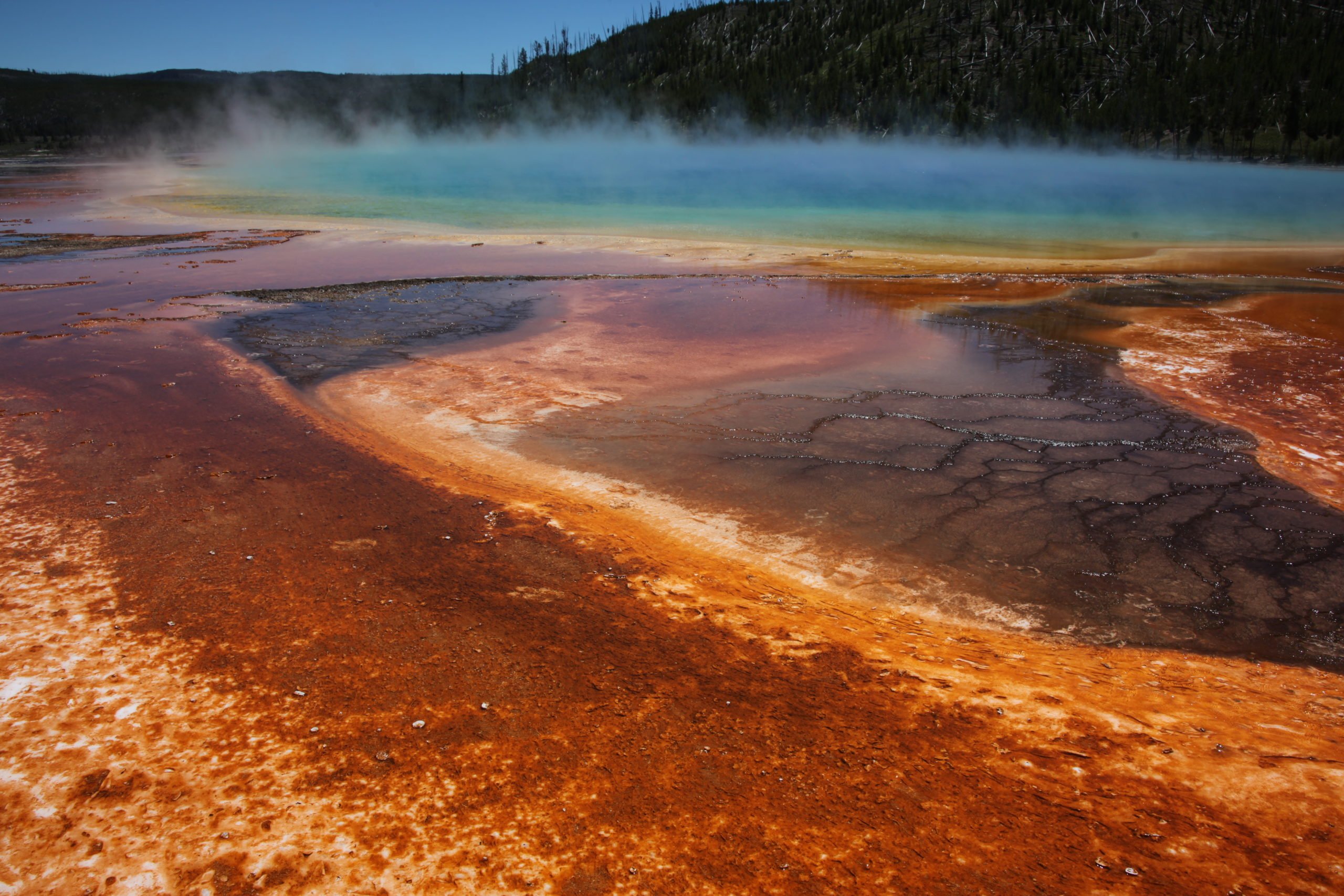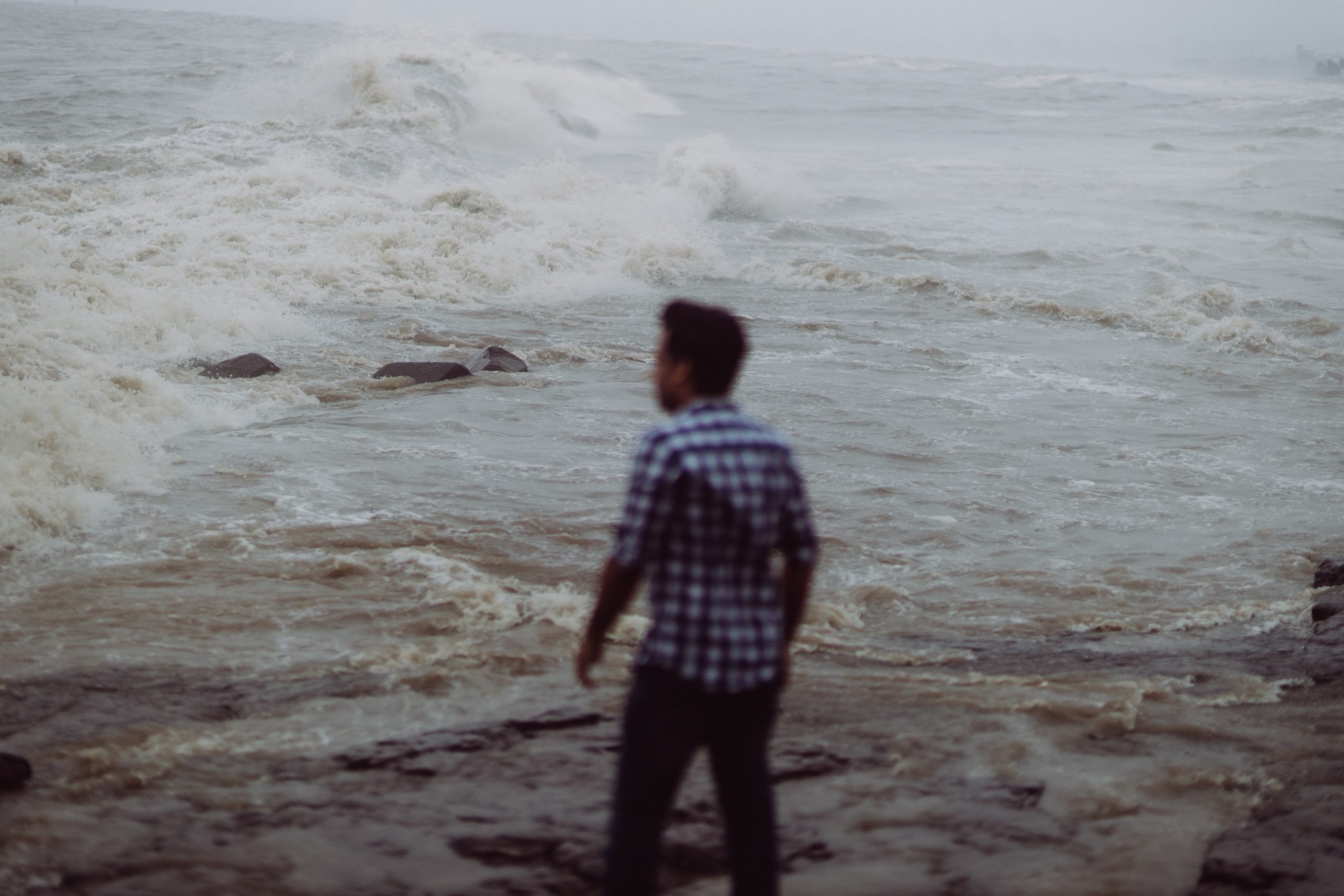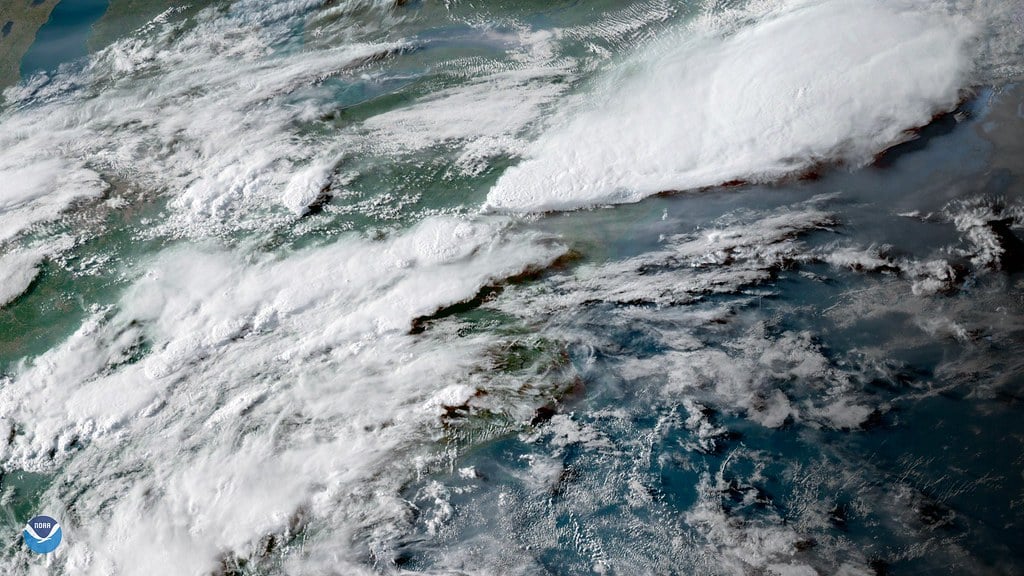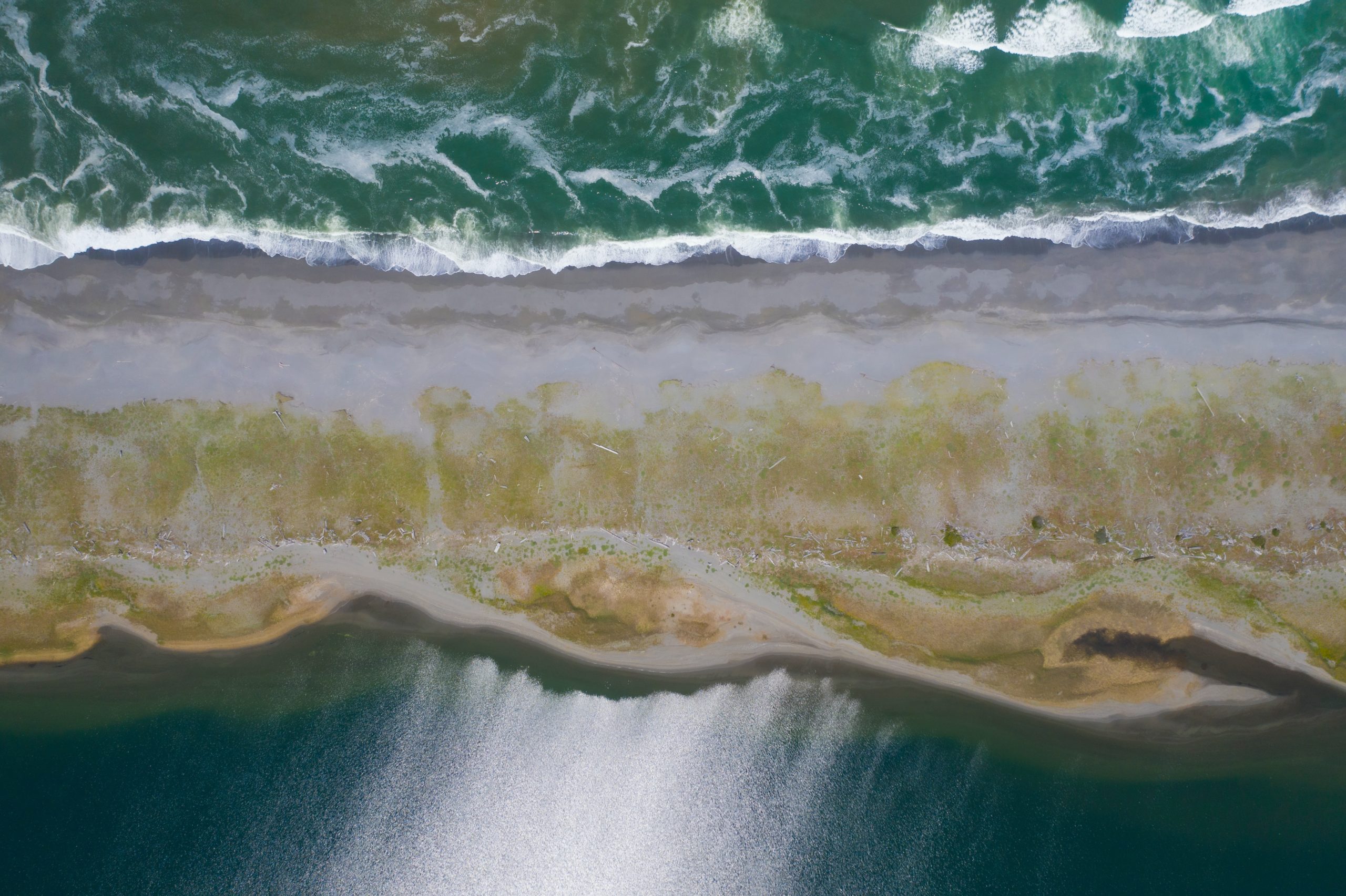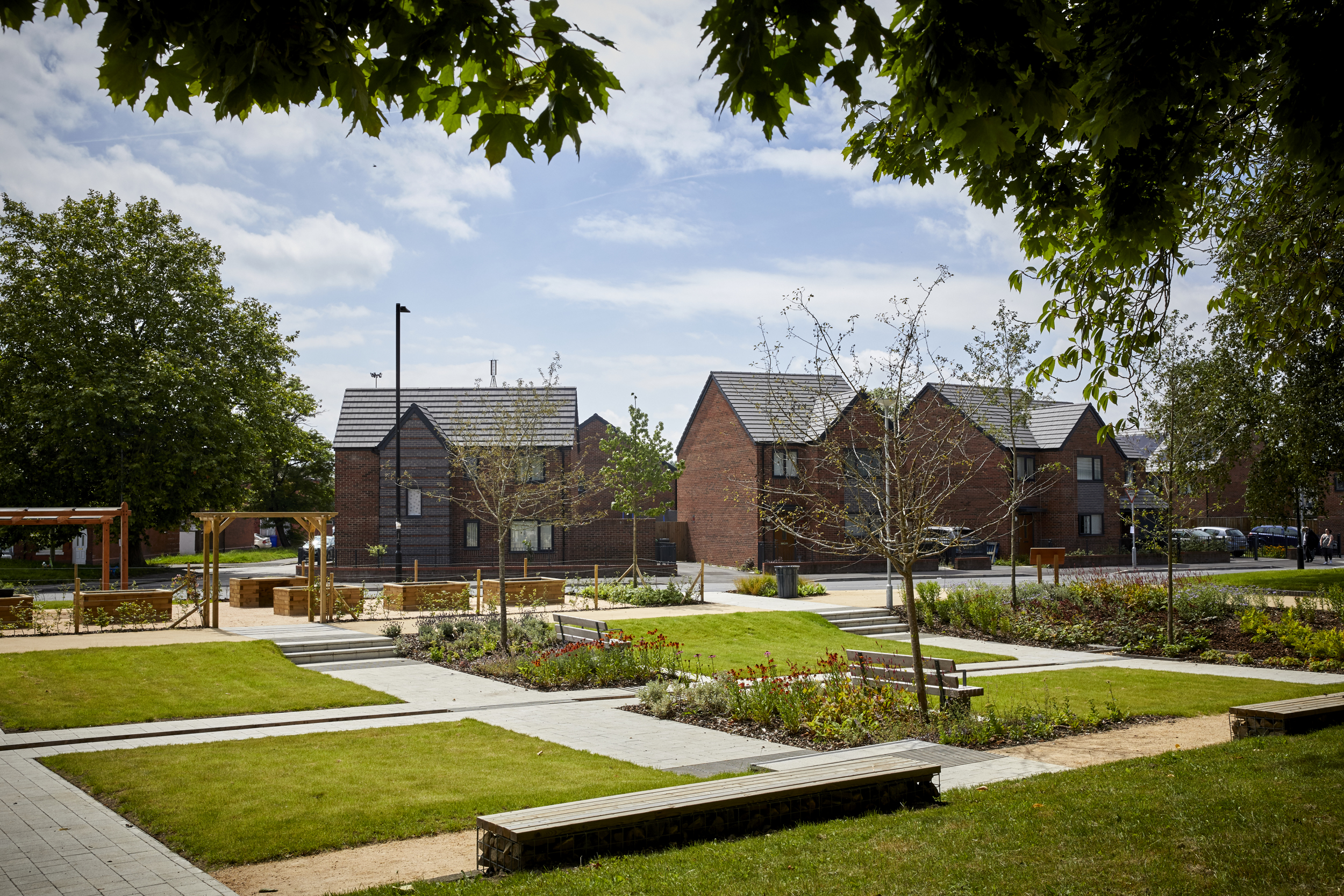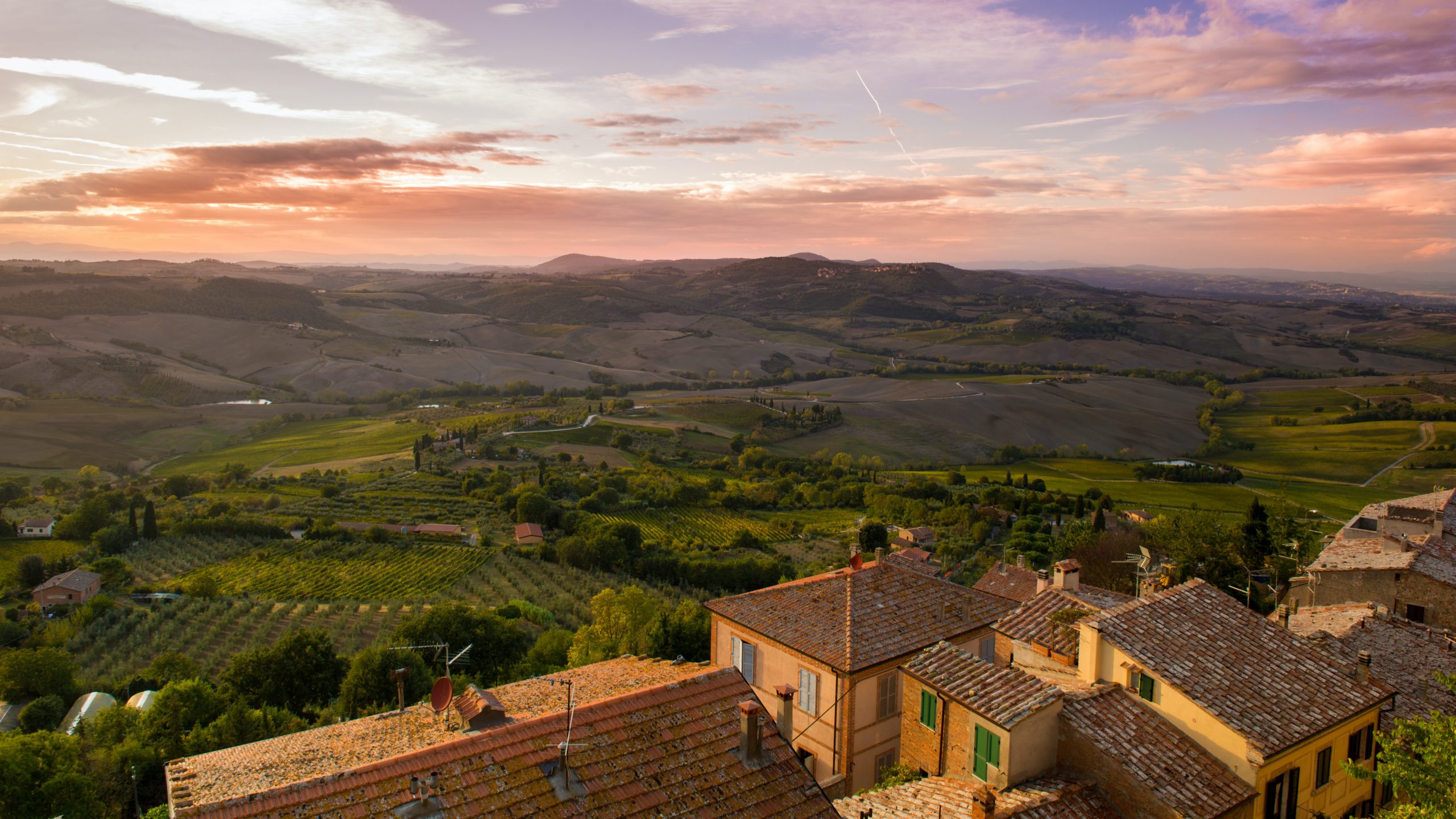Extremophiles could hold clues for climate change-tackling technologies
Microscopic organisms known as extremophiles inhabit some of the last places on Earth you might expect to find life, from the extreme pressures of the ocean floor to freezing ice caps. Understanding how these microbes survive by interacting with different metals and gases is opening up new knowledge about Earth’s elements and their potential uses. One … Read more

